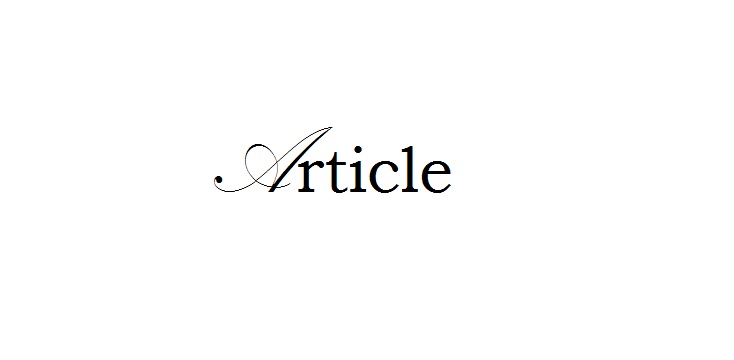|
The health of an economic environment is measured upon two factors, input/output and supply/demand, which make up the variables that generate the numbers in calculating the gross domestic product (GDP). GDP is how the wealth of a nation is measured. By tracking the total value produced, the growth rate of the nation can be observed.
|
The analysis of these factors is rooted in theory, theory that is based on stats driven by cause and effect. When studying the economy of a civilization, the economist’s default presumption is that human beings will generally act in their own benefit. This is to say humans generally are discouraged by risk and encouraged by reward. Human beings prefer to have the most amount of output for the least amount of input, in other words they prefer to maximize the yield of their investments by reaping the most amount of reward while minimizing the amount of risk (regardless of whatever resource they are investing). This is also to say humans want to produce more for less cost, in order to supply demand with the most value while sustaining the highest possible quality of living. This is where economics gets metaphysical, because what people want and what people need does not generally go hand in hand. This is just another way of saying that there is a large portion of economics that is subjective, and why forms of government come into existence. Government acts as an engineer for the economy. Government doesn’t actually have any overt power to control an economy, but it uses mandates to manipulate the metaphysics of the economy.
What Gets You Out of Bed in the Morning?
An incentive is a metaphysical concept that encourages a behavior. A behavior is considered “incentivized” when the risks associated with the act are reduced, thus making the rewards associated with the act more desirable. One example of a Government engineered incentive is business structure law. Utilizing a business structure by forming a corporation, a limited liability company, or limited partnership, individuals may pursue ventures that will bring commerce and stimulate an economy without exposing themselves to as much individual risk as they would when compared to doing business as a sole proprietor. These laws are meant to protect an individual’s wealth by separating their assets from the assets owned by the business entity.
Opening Doors or Opening Pandora’s Box?
A subsidy is a metaphysical concept that enables a behavior. A behavior is considered “subsidized” when the costs associated with the act are reduced, thus adding the feeling of security to the act by reducing the level of agency attached to the consequences. Grants are a way Government manipulates the economy through subsidy. There are grants available for a multitude of endeavors, but probably the most well-known are farmer grants. These grants reduce the overhead cost for farmers to go into business, with the idea that civilization will benefit from the output of farming activity. Then there are social safety net subsidies popularly known as welfare subsidies. These government subsidies manipulate the consequences of poverty by providing people with a sense of security through individual distribution of public resources. These subsidies reduce the individual’s cost of living expenses that otherwise would require economic input on their part in order to produce the value required to cover the cost of their consumption or economic demand.
An incentive is a metaphysical concept that encourages a behavior. A behavior is considered “incentivized” when the risks associated with the act are reduced, thus making the rewards associated with the act more desirable. One example of a Government engineered incentive is business structure law. Utilizing a business structure by forming a corporation, a limited liability company, or limited partnership, individuals may pursue ventures that will bring commerce and stimulate an economy without exposing themselves to as much individual risk as they would when compared to doing business as a sole proprietor. These laws are meant to protect an individual’s wealth by separating their assets from the assets owned by the business entity.
Opening Doors or Opening Pandora’s Box?
A subsidy is a metaphysical concept that enables a behavior. A behavior is considered “subsidized” when the costs associated with the act are reduced, thus adding the feeling of security to the act by reducing the level of agency attached to the consequences. Grants are a way Government manipulates the economy through subsidy. There are grants available for a multitude of endeavors, but probably the most well-known are farmer grants. These grants reduce the overhead cost for farmers to go into business, with the idea that civilization will benefit from the output of farming activity. Then there are social safety net subsidies popularly known as welfare subsidies. These government subsidies manipulate the consequences of poverty by providing people with a sense of security through individual distribution of public resources. These subsidies reduce the individual’s cost of living expenses that otherwise would require economic input on their part in order to produce the value required to cover the cost of their consumption or economic demand.





